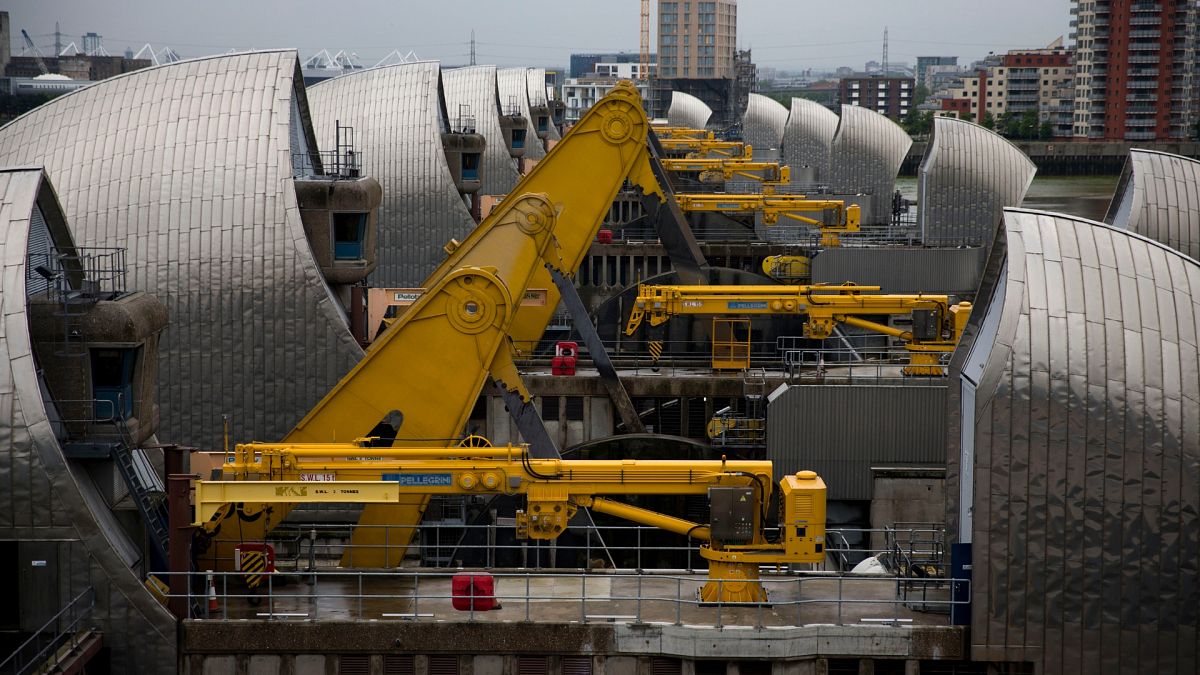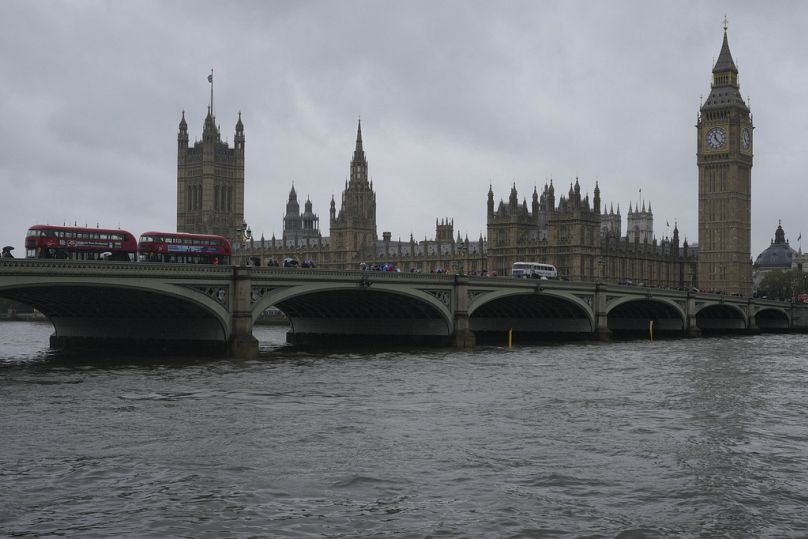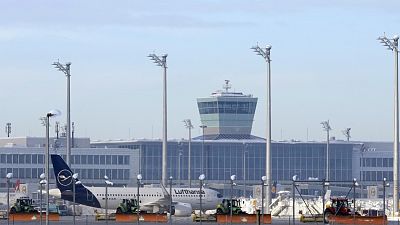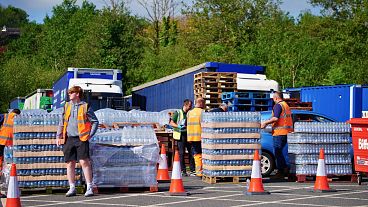Sea levels are projected to rise by around a metre by 2100 and storms are becoming increasingly intense due to climate change.
Officials have said London’s flood defence walls will need to be half a metre higher in the future to protect against climate change. The announcement came as they marked the 40th anniversary of the Thames Barrier, which defends the capital against flooding.
Though initially intended to protect London until 2030, the moveable barrier and the city’s wider flood defences will function until 2070, the UK’s Environment Agency expects. But sea levels are projected to rise by around a metre by 2100 and storms are becoming increasingly intense due to climate change.
This, officials have said, means greater flood defences will be needed.
Adapting London’s flood defences to climate change
There are plans to raise the flood walls and defences alongside the River Thames downriver by 50cm by 2040 and then expand this through central London by 2050.
A decision on what to do with the Thames Barrier itself will also need to be made by 2040. Options include upgrading what is already there to cope with rising sea levels and storm surges by 2070 or building reservoirs downstream to store flood water.
A new barrier with a similar design to the current one - that allows vessels to pass through - could also be on the horizon.
“Its reliability and effectiveness demonstrate the sophistication of its design by a very talented group of engineers and the continued maintenance and operation carried out by the Barrier team,” said Andy Batchelor, Thames Tidal Defences Operations Manager, who marked his last day on the job at the 40th anniversary.
He started working at the site on the day it opened and has been its operations manager for 25 years.
“However, we will not rest on our laurels given the threat of rising sea levels, which is why we have committed to working with partners to review and decide on an end-of-century option by 2040 in our Thames Estuary 2100 Plan, to ensure the capital is protected over the longer term.”
What is the Thames Barrier?
The Thames Barrier was opened on 8 May 1984 by Queen Elizabeth II and was meant to protect London from flooding until 2030. It took eight years to build and cost £535 million (€621 mn) - the equivalent of around £2 billion (€2.3 bn) today.
Located downstream from Greenwich and close to London City Airport, the barrier is made up of 10 steel gates that are as wide as the opening of Tower Bridge. When raised, these gates are as tall as a five-storey building.
The barrier helps to prevent severe flooding across 125 square kilometres of the city and defence walls would need to be three metres taller if it wasn’t there.
Since its construction, the Thames Barrier has been closed a total of 221 times. Storm surges and tidal flooding would have inundated buildings along the side of the Thames without it.




